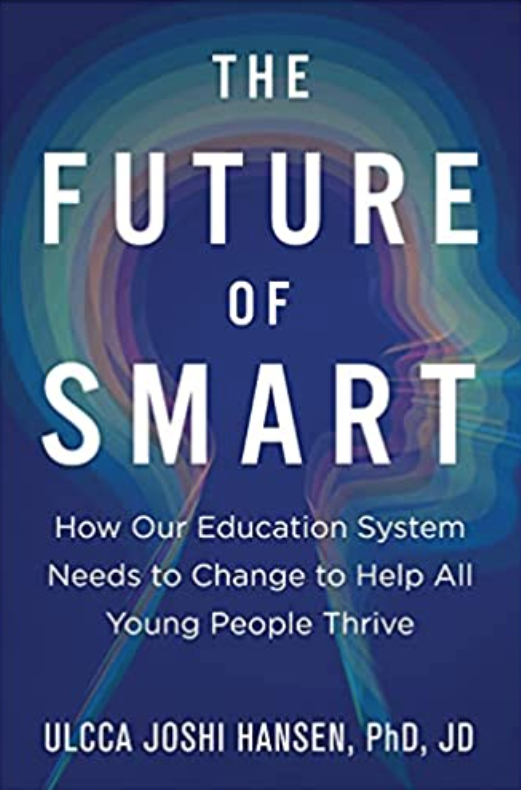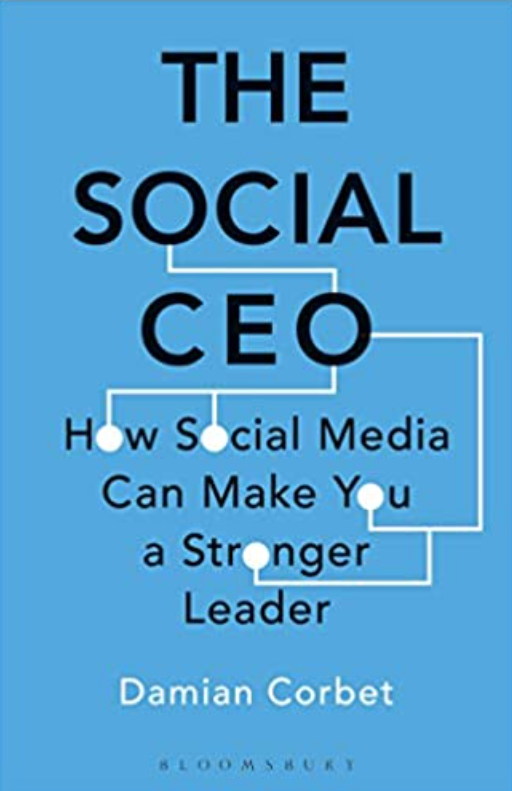Free Content. Subscription Services. Customized Workshops.
To view a distillation click on the book cover or Read More link below the excerpt. Not sure how to use the distillations to improve your practice, learn more about them on our Distillations Explained page.
To find another book, return to the Book Search page.
Mastering Community
Mastering Community is a comprehensive breakdown of everything an organization should think about to foster cohesion. Concepts such as radical candor, kissing up/kicking down, and ruinous empathy are discussed to help frame what helps a community gel.
Partnering
Partnering unpacks the many ways that human connections can be improved. Using examples from climate change, religion, politics, and her own personal life, Jean Oelwang gives the reader reasons to reflect on the past and plan for stronger partnerships in the future. Ideas such as enduring trust, nurturing generosity, and positive amnesia are all part of the blueprint to better relationships. Schools are at their heart an intricate web of partnerships and this is a great read for anyone looking to make those partnerships, and therefore schools, a better place.
Making Conversation
In a technological landscape dominated by hand-held devices and social media, some educators and experts are concerned that young people are losing the skills to engage in face-to-face conversation with others. In education, effective conversations are needed when talking to colleagues, students, and parents. Administrators and teachers will benefit from the insights in Making Conversation, since it clearly lays out how to design conversations that move us from speech to action.
The Culture Code
Think a positive culture is luck or charisma driven? Daniel Coyle is here to convince you that it is actually a series of intentional steps that anyone can do. The Culture Code lays out how comedy troupes, Navy SEALS, San Antonio Spurs and jewelry thieves all inadvertently use the same tactics and process to build culture.
Brand with Purpose
Brand With Purpose will give you much to think about. Is your website effective? Do you network the right way? Is the Mission of your school articulated online, in print and on campus enough and in the same way? Can everyone state the values of your school in an elevator speech? If you think your school could market itself better, then this book is for you.
Leading with Gratitude
We know there is a huge gap between how often school leaders feel they appreciate those they lead and how appreciated the average teacher feels. Leading with Gratitude is the antidote! It’s hard to imagine a better book for a school leader to read than this one. It might affirm you are showing gratitude enough and in the right ways or it could transform how you interact with others.
When
Daniel Pink’s When showcases extensive research and enlightening case studies to explain how and why timing is so important to human flourishing and productivity. Simple tweaks of school schedules would boost test scores, lower depression, increase student cognition, and even improve decision-making among faculty and administration. For this reason and many others, all educators would all benefit from a deeper exploration of this enjoyable read.
Extreme Ownership
If you have respect for both those who serve in the military and sound business practices, then Extreme Ownership is the book for you. Want war stories? Check. Want to live in the intersection between military tactics/strategies and leading a school? Check. Looking to step up your leadership game by taking responsibility for everything that happens in your school? Triple check!
Emotional Agility
Have you ever caught yourself ruminating about “What ifs…?” Or have you been paralyzed by fear, unable to make decisions? In Emotional Agility, Susan David provides a guidebook grounded in psychological research to help us embrace all of our emotions, even the most uncomfortable ones, discover our “why”, and align our lives with our values.
Conscious Leadership
If Simon Sinek, Carol Dweck, and Brene Brown participated in a weekend book writing blitz, they may well have produced this book. A variety of themes filtered through the lens of business (particularly Whole Foods) gives us an intentional path to Conscious Leadership.
The Infinite Game
In this book, Simon Sinek draws a line between organizations with short-term thinking/goals and those playing The Infinite Game. He argues that those leading with future generations in mind will create cultures that will weather hard times, inspire others, and build organizations that will thrive.
Humor, Seriously
Whether you use humor to lead and want to know how it works or just wish work was more fun, Humor, Seriously is the book for you. Jennifer Aaker and Naomi Bagdonas use their research, experience with improv, years of teaching about humor, and their vast network of comedians and writers to produce an impressive (and witty) book about humor.
Fearless Organization
Why do employees stay silent in the workplace when they know something is wrong? In The Fearless Organization, Amy Edmondson explores the idea of psychological safety and argues that establishing a psychologically safe workplace can lead to increased workplace safety, better teamwork, and increased innovations.
What School Could Be
Wonder what’s ailing American schools? Ted Dintersmith spent a year traveling America to find out and highlight solutions. What Schools Could Be is the report from his trip to 50 states, 200 schools, over a hundred community forums, and over a thousand meetings. Innovation from K-12, online, colleges and universities as well as more short-term immersive experiences are all highlighted.
Mindful School Communities
Mindful School Communities by Mason, Rivers Murphy, and Jackson have written a practical guide for school leaders and teachers who wish to create a school environment in which students can develop skills to cope with stress and pressure. By creating schools where teachers and administrators model positive relationships with each other and with the students in their care, students can learn how to care for their own social and emotional well-being which can better help students develop academic skills.
The Future of Smart
Have you ever wondered why we offer a similar education to nearly every child around the world? Have you thought about why we use grades and standardized tests to measure learning when real-world learning looks nothing like that? Hansen uses The Future of Smart to explain the educational landscape in terms of where we’ve come from, where we are, and where we should go.
Range
David Epstein uses Range to convince the reader that it may in fact be the generalists who add more value as the world becomes more and more complex. His basic premise is that for complex problem-solving and decision-making, it is often those with broad experience and diverse backgrounds who fare better (e.g., professionals with hobbies outside of their profession).
Braving the Wilderness
Do you desire true belonging? Are you courageous to the point that you always stay true to who you are? In Braving the Wilderness, Brene Brown breaks up the word B-R-A-V-I-N-G into a wilderness checklist because you are going to have to be brave enough to enter the unknown wilderness of vulnerability to achieve that sense of belonging.
How To Think: A Survival Guide for a World at Odds by Alan Jacobs
Alan Jacobs’ How to Think: A Survival Guide for a World at Odds blends a practical approach to thinking with the structured, researched-based approach of an academic. Whether diagnosing past and current problems of human thinking or prescribing tailored solutions to these problems, Jacobs provides just the right information needed right now to rebuild and maintain the social fabric of our country (and our schools) while still pursuing truth in earnest.
The Social CEO: How Social Media Can Make You A Stronger Leader by Damian Corbet
In The Social CEO, Damain Corbet produces a collection of advice from leading CEOs across a breadth of industries on how CEOs can and MUST leverage social media in order to connect with all stakeholders, from parents and community partners to board members and — especially — employees. If you are wondering how or why school leaders need to embrace social media, this book is a must-read.




















